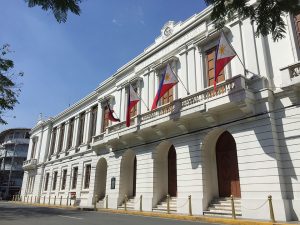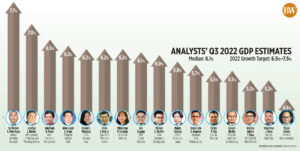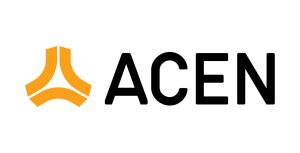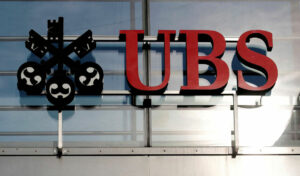BTr partially awards T-bill offer as rates climb across all tenors

THE GOVERNMENT partially awarded the Treasury bills (T-bills) it auctioned off on Monday as investors asked for higher yields as they expect the Bangko Sentral ng Pilipinas (BSP) to hike rates anew at its policy meeting this week.
The Bureau of the Treasury (BTr) raised just P10.54 billion from its offer of T-bills on Monday as rates climbed across all tenors, even as total bids reached P22.605 billion, above the P15-billion program.
Broken down, the Treasury partially awarded its offer of the 91-day T-bills, raising just P3.07 billion against the P5-billion program, even as tenders reached P11.285 billion. The average rate of the tenor climbed by 18.7 basis points (bps) to 1.759% from the 1.572% seen at the last auction.
The BTr likewise awarded only P3.62 billion in 182-day securities versus the P5-billion offer even as bids hit P5.82 billion. The average rate of the six-month tenor went up by 19.8 bps to 2.132% from the 1.934% fetched at last week’s auction.
Lastly, the government made a partial award of its offer of one-year debt papers, raising just P3.85 billion against the P5-billion plan even as tenders hit P5.5 billion. The average rate of the one-year T-bill went up by 12.9 bps to 2.454% from the 2.325% seen at the previous auction.
At the secondary market prior to Monday’s auction, the 91-, 182- and 364-day T-bills were quoted at 1.5705%, 1.9366%, and 2.2014%, respectively, based on the PHP Bloomberg Valuation Reference Rates published on the Philippine Dealing System’s website.
National Treasurer Rosalia V. de Leon said in a Viber message to reporters that the investors wanted higher rates as they expect the BSP and the US Federal Reserve to continue raising borrowing costs.
“While Governor Medalla spoke of gradual tightening, some analysts still see a 50-bp move following [the] 75 bps delivered by [the] Fed to slash elevated inflation,” Ms. De Leon added.
A trader said in an e-mail that the increase in T-bill rates reflected market expectations of a more aggressive rate hike by the BSP on Thursday following the Fed’s move.
“Even if [the] rhetoric is we do not need to follow the moves of the Fed, it is very difficult not to look at the interest rate differential between the [US dollar] and the [peso],” the first trader added. “BTr’s partial award is a good move as it does not stoke panic in the markets.”
The BSP’s Monetary Board will meet to review policy settings on Thursday, June 23.
Outgoing BSP Governor Benjamin E. Diokno and his successor Monetary Board member Felipe M. Medalla last week said a 25-bp hike at the Thursday meeting is almost a “sure thing.” Both made their comments ahead of the Fed’s decision last week.
Mr. Medalla said the BSP could raise rates again in its Aug. 18 meeting and several more times this year, but tightening will be gradual as he ruled out hikes bigger than 25 bps. He said in a roundtable discussion with BusinessWorld editors last week that the BSP still has the “luxury of time and large reserves.”
On Monday, Mr. Diokno and Mr. Medalla affirmed their intent to raise rates gradually, both signaling a 25-bp hike this week despite market expectations of a 50-bp increase.
The BSP began its tightening cycle with a 25-bp hike on May 19 to help stem rising prices as headline inflation already reached 5.4% in May, higher than its 4.6% forecast and 2-4% target for the year. Year to date, inflation has averaged 4.1%.
Increases worth 25 bps at the Monetary Board’s June and August meetings would bring the benchmark rate to 2.75% from the current 2.25%.
Meanwhile, Federal Reserve Governor Christopher Waller on Saturday said he would support another 75-bp hike at their July review amid rising inflation.
The BTr wants to raise P250 billion from the domestic market in June, or P75 billion through T-bills and P175 billion via Treasury bonds.
The government borrows from local and external sources to help fund a budget deficit capped at P1.65 trillion this year, equivalent to 7.6% of gross domestic product. — T.J. Tomas




